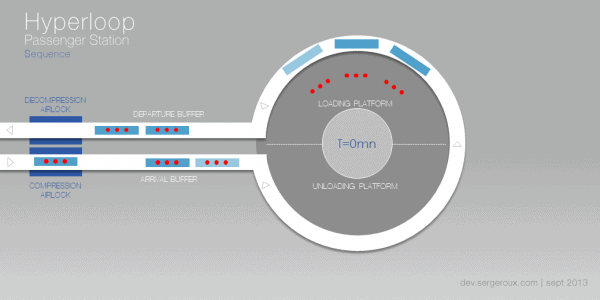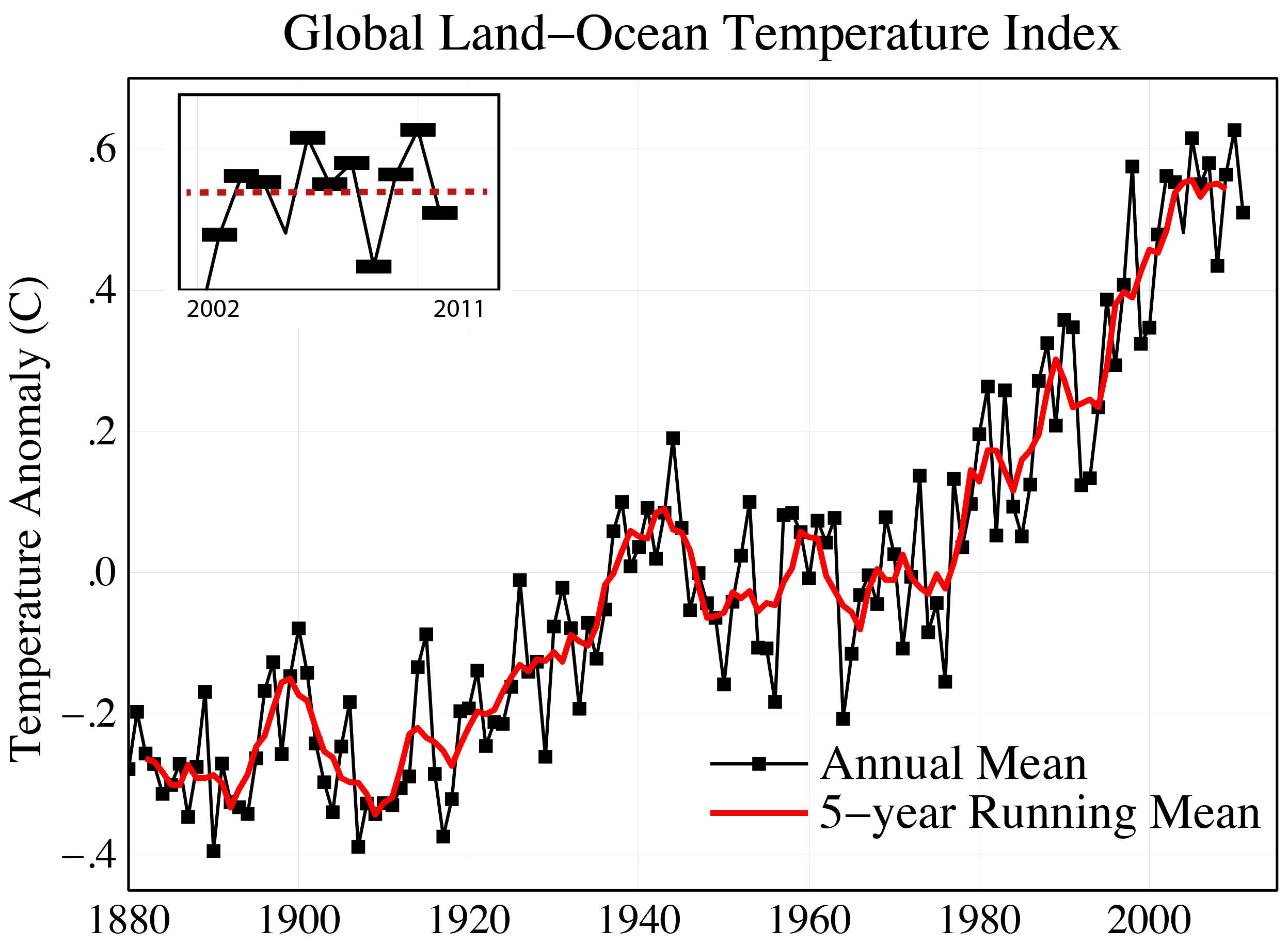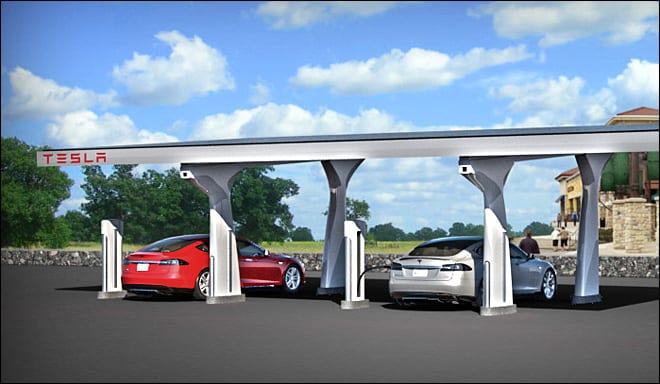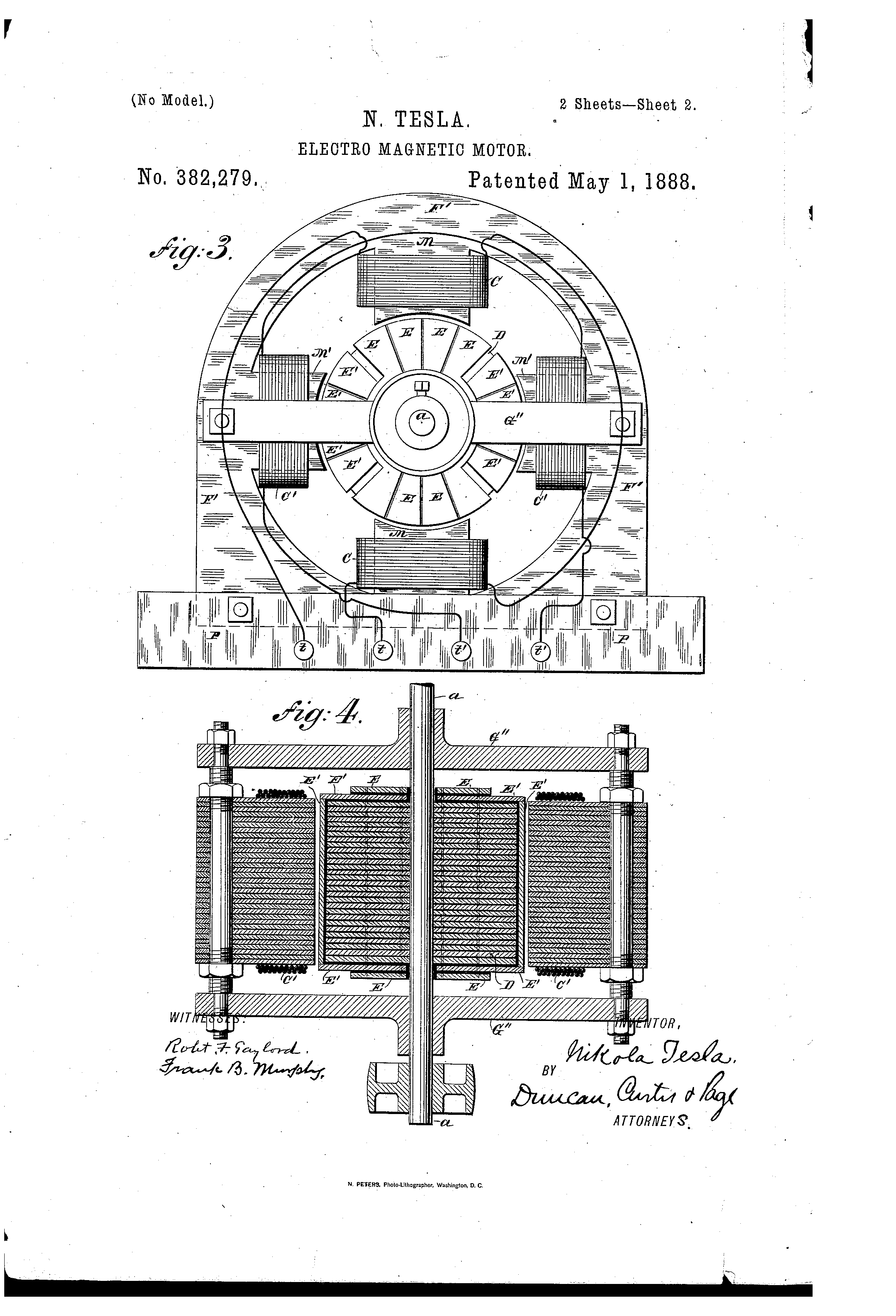Open Source Transportation 2.0
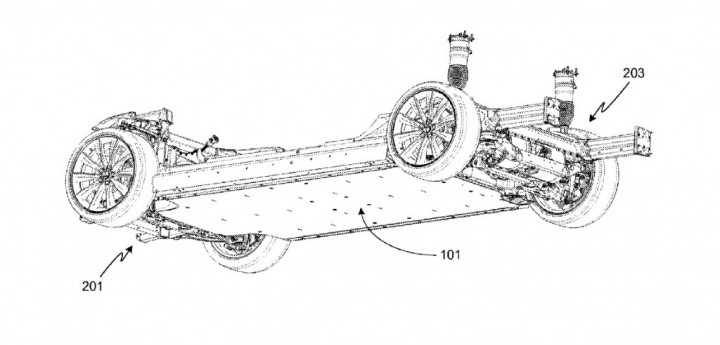
It’s been almost year since Elon Musk showed his idea for a supersonic fully electric and solar form of transportation. The famous hyperloop caused much hype around the world, reminiscent of the good old days when the space race was going over and there were articles after articles discussing the future of humanity and technology. While I was excited about the technology itself as much as any other geek, I was particularly excited because Musk released his ideas as a blueprint without any patents and he encouraged participation from everybody. In his own words, he released the hyperloop as open source.
Back then Elon Musk commented how he had come to dislike patents and how he thought they were more of a hinder to innovation than anything else. Something, I guess, most of us from the free software community agree with. Stallman has wrote about it extensively in fact*.
@schadlu I really hate patents unless critical to company survival. Will publish Hyperloop as open source.
— Elon Musk (@elonmusk) July 15, 2013
Yet many, perhaps rightly so, questioned Musk’s intentions. At the end of the day, he didn’t actually build a scale model of the hyperloop. So maybe it was just a way of showing what he had promised without actually committing to build it. Or maybe it was a way of crowdsourcing scientists and engineers to analyze how feasible or unfeasible his idea was without actually spending the money.
Were they right? Musk owns more than one transportation company. SpaceX builds and designs spaceships and Tesla is the maker of the best fully electric car out there. Open sourcing a project that can’t be built in the near future is not that impressive when you have so many closed source projects actually being built everyday. However, Musk is showing more commitment to the open source philosophy not less, it appears more than ever to be at the core of some his actions.
The moral story
I’m working on the assumption that all readers here are perfectly happy accepting the scientific consensus on climate change, regardless of their political inclinations.
(In my very limited experience, this is usually only a really contentious issue on the United States of America. Just in case, you don’t need to be some sort of “liberal”, or “socialist”, or “communist” to believe climate change is real, you just need to accept the evidence. You can disagree however on what the solution is, for example, there’s a political position known as free-market environmentalism).
According to Elon Musk the goal of Tesla is to help expedite the move from a mine-and-burn hydrocarbon economy towards a solar electric economy, which I believe to be the primary, but not exclusive, sustainable solution. It goes without saying that gasoline cars are the culprits of a big share of our carbon footprint, not to mention other forms of pollution.
In other words the mission of Tesla is supposedly guided by a moral principle. Of course, most private for-profit companies don’t straight out say we just want to make money, the product isn’t really important. But we know that is true for many for-profit companies and that it isn’t for many others. Of which kind is Tesla?
Open sourcing Tesla
In a more recent entry, the reason of its existence was restated to be to accelerate the advent of sustainable transport by bringing compelling mass market electric cars to market as soon as possible. Is that really consistent with a company that holds and protects its patents to avoid others from making use of their technology?
It would seem, just like with the hyperloop, that if your goal is to accelerate the worlds towards a new form of transportation that you can’t really deny others the ability to make use of your technology, after all, the more companies can build compelling products, the more the market grows and the faster you’re moving towards your goal. Competition should also bring the price down, further promoting adoption. Patents are by design meant to protect a company from competition (remember: patents are temporarily government granted monopolies on a particular implementation of an idea) and therefore are by design counter to such an ethical humanitarian looking goal.
This, I think, is recognized by both the free software and the open source movements. Patents hurt innovation and consumers, they don’t fuel it as the myth goes (in fact, there’s no evidence of their supposed innovation fueling properties, there are just anecdotal stories of patent success, for a detailed analysis you can read the paper by Michele Boldrin and David K. Line from the Federal Reserve Bank of St. Louis The Case Against Patents).
Can Musk use his patents to stop others from using his technology and be consistent with his goal? No. Thankfully, Musk himself seems to have realized this: If we clear a path to the creation of compelling electric vehicles, but then lay intellectual property landmines behind us to inhibit others, we are acting in a manner contrary to that goal. Tesla will not initiate patent lawsuits against anyone who, in good faith, wants to use our technology.
To the moral of the story he states the obvious: Given that annual new vehicle production is approaching 100 million per year and the global fleet is approximately 2 billion cars, it is impossible for Tesla to build electric cars fast enough to address the carbon crisis. By the same token, it means the market is enormous. Our true competition is not the small trickle of non-Tesla electric cars being produced, but rather the enormous flood of gasoline cars pouring out of the world’s factories every day.
Moreover, it’s fitting that Tesla is going open source with its patents. After all the induction engine designed by Nikola Tesla and his name are free to use and outside patent protection and Tesla the company exists thanks to that.
In summary, in such a conundrum closed source turns out to be immoral (which surely warms the heart of ethically inclined members of the free software movement) as well as inefficient (which surely makes the pragmatists from the open source movement smile). Last year I commented how important it was for these movements that such a big of a personality and innovator as Elon Musk was publicly against patents and embracing some of the open source and free software ethos. This time through both bold actions and statements such as the following:
Yesterday, there was a wall of Tesla patents in the lobby of our Palo Alto headquarters. That is no longer the case. They have been removed, in the spirit of the open source movement, for the advancement of electric vehicle technology (…) Technology leadership is not defined by patents, which history has repeatedly shown to be small protection indeed against a determined competitor, but rather by the ability of a company to attract and motivate the world’s most talented engineers. We believe that applying the open source philosophy to our patents will strengthen rather than diminish Tesla’s position in this regard.
Musk is exposing open source and free software ideals to the public in an incredibly positive way, and I can’t help to feel excited about the prospects of such a mentality reaching the ears of many people from the pen of such a respected businessman, entrepreneur and innovator.
*For those interested, perhaps the most lucid yet simple presentation of Stallman’s thoughts on intellectual property are on his article entitled Did you say intellectual property”? It’s a seductive mirage. For his thoughts on patents in particular, I recommend the much longer but elucidating speech he gave at the Model Engineering College, India.

